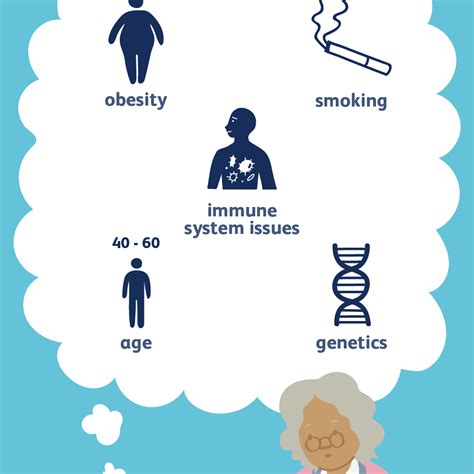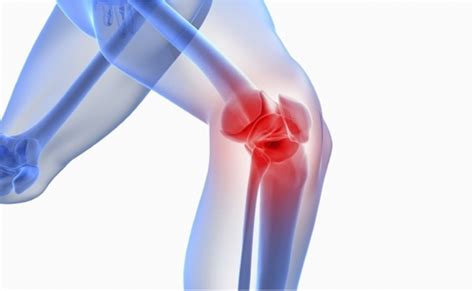Understanding Sciatica
Sciatica refers to persistent pain experienced along the sciatic nerve, the body’s longest nerve. Originating from the lower back, this nerve travels down through the buttock and extends into the lower leg. Sciatica pain typically arises when this nerve becomes compressed or injured. Common causes of sciatica include inflammation, arthritis-related bony enlargements, or a displaced (herniated) disc. Moreover, this pain can be triggered by issues like spinal stenosis, infections, or fractures in the pelvis or thighbone.
One frequent misconception is that the pain stems from the sciatic nerve in the buttocks due to its location. However, it almost always originates from an irritated nerve in the lower spine. Typical symptoms include a dull, aching, shooting, or burning sensation starting in the lower back or buttock, then radiating down one leg. For more comprehensive information on sciatica, visit Harvard Health’s detailed guide.
Piriformis Syndrome and Sciatica
Interestingly, approximately 5% of sciatica cases result from piriformis syndrome. This condition seems to be more prevalent among women, though the exact reason remains unclear. To delve deeper into the topic of piriformis syndrome and its link to sciatica, consider exploring this resource by Dr. Rob at Harvard Health.
Dealing with a Pinched Nerve in the Back
A common cause of sciatica is a herniated disc. When dealing with this, specific positions can alleviate the stress on the bulging or herniated discs, changing the pressure on the nerve and promoting healing. One such recommended position is lying flat on the stomach and gently pressing up to elevate the chest off the ground. For more on treating a pinched nerve at home, the University of Utah’s Health Feed offers valuable insights.
Home Remedies for Low Back Pain
While awaiting your back’s recovery, consider some home remedies to alleviate lower back pain. Their effectiveness will depend on the pain’s source and its severity. For an assortment of options and a deeper understanding, browse Harvard Health’s collection of home remedies.
In summary, understanding the root causes and available treatments for sciatica and related pains can significantly improve one’s quality of life. Whether through specific exercises, home remedies, or further education, individuals can find relief and regain their mobility.


